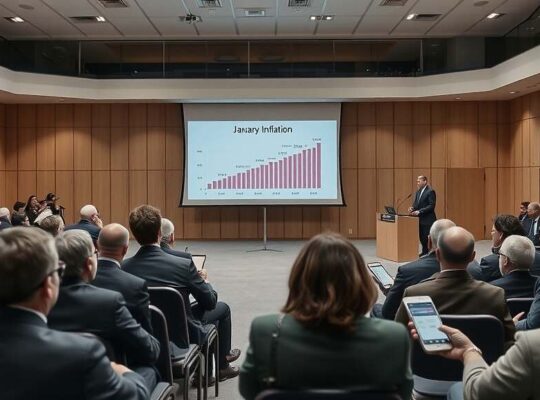The absorption of Credit Suisse’s legacy pension obligations by UBS, now a dominant force in the Swiss and German financial landscape, is accelerating a shift in risk management practices and potentially signaling broader trends within the German corporate sector. Deutsche Betriebsrenten Holding (DBR) is set to acquire these commitments, a transaction estimated to involve a sum exceeding one hundred million euros, marking one of the largest pension buyouts ever observed in Germany.
This move, detailed in the Handelsblatt, underscores UBS’s ongoing efforts to streamline operations and shed liabilities following its acquisition of Credit Suisse. While framed as a standard risk-management strategy, the scale of the transaction raises questions about the long-term financial implications for both UBS and the former Credit Suisse employees whose pensions are being transferred. Critics argue that bundling these responsibilities onto DBR, a specialist firm, effectively shifts the burden of potential future pension shortfalls onto a different entity within a complex financial network.
The move is not an isolated incident. Dirk Popielas, CEO of DBR, highlights the increasing prevalence of pension buyouts in Germany, mirroring a practice long established in markets like the United Kingdom and the Netherlands. Christian Remke of Metzler Pension Management corroborates this view, anticipating a sustained increase in both the number and volume of such transactions.
This growing trend reflects broader pressures on German corporations, including the intensified scrutiny on defined benefit pension schemes. Rising life expectancy, persistently low interest rates and volatile investment returns have all contributed to escalating funding gaps within these schemes, prompting companies to actively seek ways to de-risk and potentially offload these long-term financial commitments. The rise in popularity of these buyouts also signals a concerning trend towards the outsourcing of employee benefit responsibilities, potentially diminishing the direct accountability of corporations for the financial wellbeing of their former workforce.












